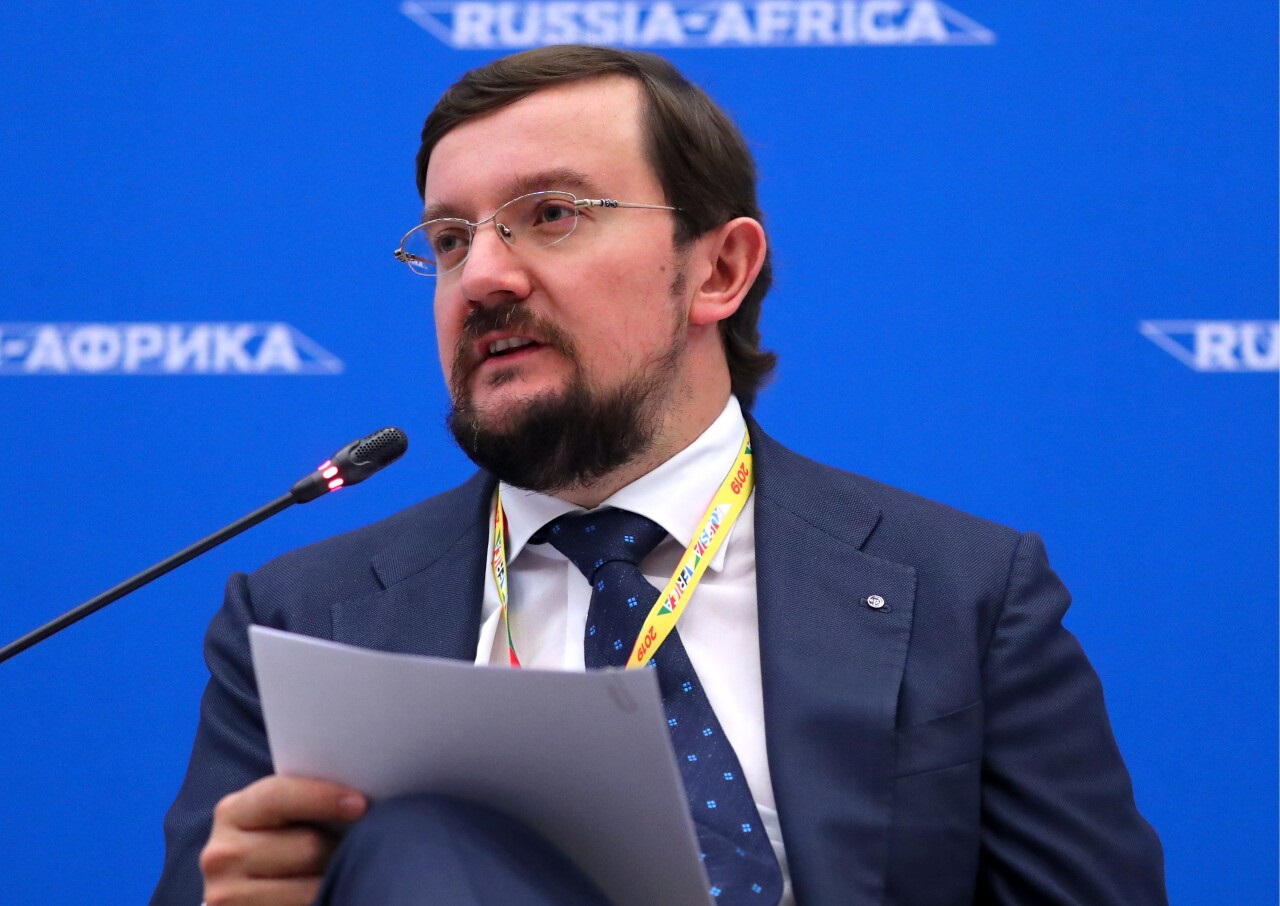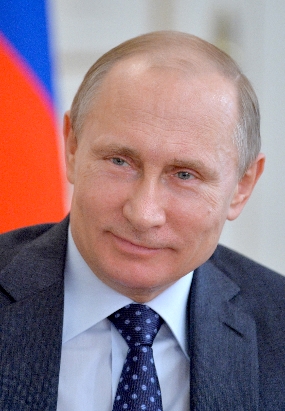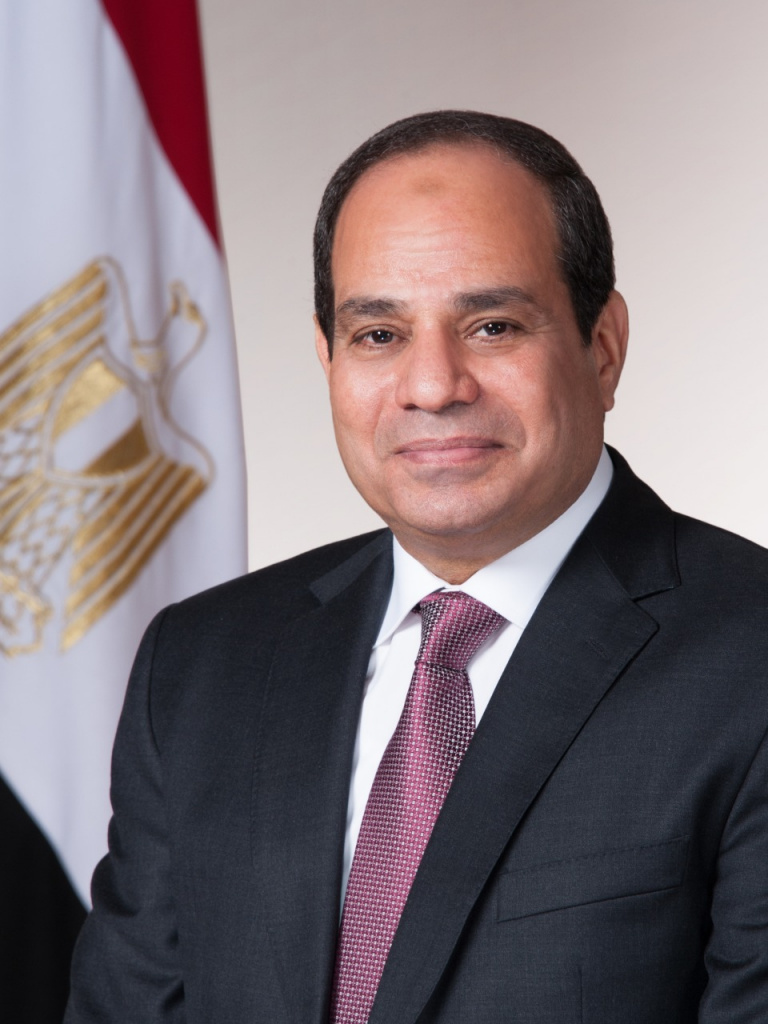Doing Business in Africa: Challenges and Opportunities

KEY CONCLUSIONS
Economic and political conditions are conducive to Russia’s expanded presence in Africa
“Russia is currently developing a comprehensive strategy for its presence on this continent, building comfortable, effective relations with all African countries,” said Farit Mukhametshin, a member of Russia’s Federation Council and Deputy Chairman of the Federation Council’s Committee on International Affairs.
“There is an understanding at the political level. There is an agreement in place at the political level to support business and support the development of economic ties. Now it’s up to […] entrepreneurs,” President of the Russian Chamber of Commerce and Industry Sergey Katyrin said.
“There is no market that is more promising than that of the African continent, and in 2035 it won’t only be a matter of competitiveness, but, to a large extent, survival in the global economy,” said Alexey Repik, Chairman of the Russian-Japanese Business Council, President of Delovaya Rossiya (Business Russia), and Chairman of the Board of Directors of the R-Pharm Group.
PROBLEMS
The fragmented nature of cooperation
“Cooperation among entrepreneurs, companies, and business associations has been fragmented thus far. There are sectors where Africa is a very serious partner for Russian enterprises, while success cooperating in the raw materials sector and the energy sector as well as military-technical cooperation has not fully borne out yet,” Repik said.
“Strong ties between potential Russian investors and our enterprises do not yet exist,” said Jean-Marie Ackah, President of the General Confederation of Enterprises of the Republic of Cote d'Ivoire
Lack of information
“Our colleagues in Africa don’t know much about modern-day Russia, the conditions for business, or the skills that Russian enterprises possess today. And we know little about each country in particular. So one of the main objectives, perhaps the most important one at this stage, is information and the opportunity to get to know each other,” Katyrin said.
“If there is no exchange of information, there will be no mutually beneficial cooperation,” said Josue Madjitoloum, President of the National Business Patronage Organization of the Republic of Chad.
“It is crucial for our ideas about doing business with each African country to be translated from the theoretical to the practical plane”, Repik said.
SOLUTIONS
Intensify economic diplomacy
“There are a number of positive examples of business diplomacy such as business ambassadors. This mechanism is effective due to the concrete practical goals of the ambassador and his/her immersion in the foreign market. We need to expand the network of business ambassadors with all the countries of the African continent that are interested in doing so,” Mukhametshin said.
“We are talking about cooperation and economic diplomacy to promote trade. It is essential to have business councils where private enterprises are present,” said Richard Ngatia, President of the Kenya National Chamber of Commerce and Industry (KNCCI).
“Business councils are among the most common tools. We have them with 76 countries, and ten of them are located on the African continent. They work quite actively,” Katyrin said.
“We must forge ahead to achieve common goals. We need to define common goals and a common foundation that will ensure the unity of actions by members of business councils and business associations in one direction,” said Johannes Sebulela, Founder and President of the African Entrepreneurs Council.
Create favourable conditions for investors
“When I’m asked how the private sector can ensure investor confidence, my answer is to reduce bureaucratic obstacles. This means having new financial management mechanisms and the ability to borrow money in local currencies. We can use our chamber of commerce in any legal disputes that can be resolved within three months without going to court. As a chamber, we provide certificates of origin. We invite Russian companies to participate in public-private partnerships,” Ngatia said.
“Export credit instruments and work involving the financing of bilateral trade are becoming increasingly important,” Repik said.
Involve small and medium-sized business in cooperation
“True growth in trade should not be achieved through a billion-dollar deal, but through hundreds and thousands of medium-sized projects,” Mukhametshin said.
“In addition to major projects, we need contacts with small and medium-sized enterprises. This will help to provide a new starting point [for cooperation] between enterprises, and this is what will enable us to get to know each other and the context of our markets better and work on a mutually beneficial basis,” Ackah said.
“We are now fighting for the adoption of a law on local content. This law should enable our small and medium-sized enterprises to move forward,” said Agostinho Vuma, President of the Confederation of Business Associations of the Republic of Mozambique.


